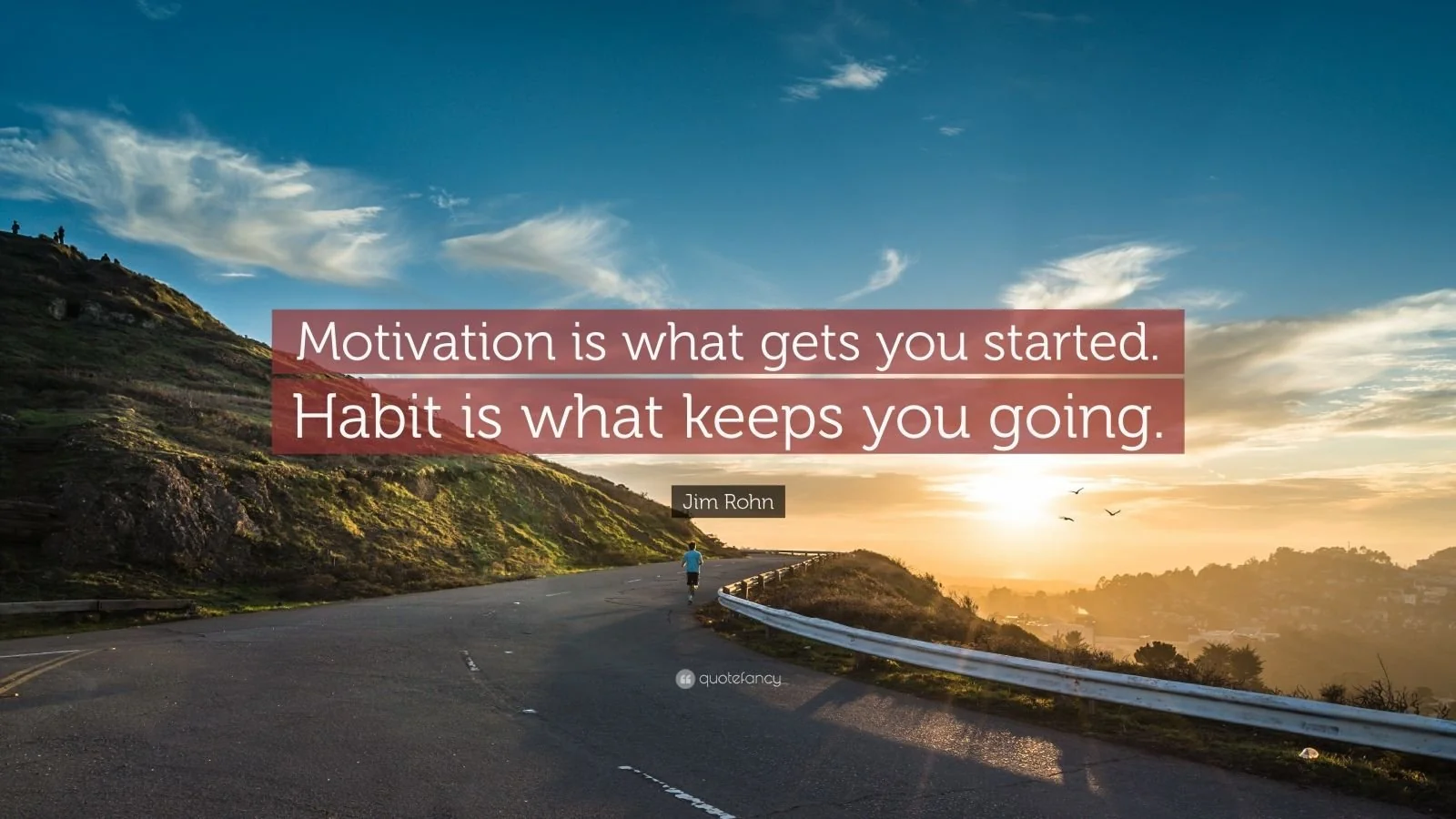I’ve worked with hundreds of medical students preparing for USMLE, COMLEX, NBME shelf exams, and ABSITE. And I’ve noticed a surprising trend:
Many of them are using Anki — but not seeing the results they hoped for.
They’re putting in the time. They’re doing the reviews. But their scores aren’t improving. Their study sessions are dragging on. And their decks? Overflowing.
So what’s going wrong?
The problem usually isn’t Anki itself. The problem is how it’s being used.
💡 First, What Even Is Anki?
If you’re new to Anki, here’s the short version:
Anki is a flashcard app that uses spaced repetition — a science-backed learning technique that helps you retain information long-term by showing you facts right before you’re about to forget them.
It’s one of the most powerful study tools out there, especially for high-volume memorization like:
- USMLE Step 1, Step 2, Step 3
- NBME shelf exams
- Medical school
- Pathology, pharmacology, anatomy, and more
- And really, anything that required memorization
What makes it so effective? It’s built based on scientifically proven study strategies.
✅ Why Anki Works (When Done Right):
🔹 Spaced repetition → helps move facts into your long-term memory
🔹 Active recall → strengthens neural connections by forcing your brain to retrieve info
🔹 Focuses on your weaknesses → shows you what you need to review, not just a lecture’s outline
🔹 Efficient → over time, you review less of what you already know, and more of what you tend to forget
But here’s the catch: Anki is just a tool. If you use it the wrong way, it won’t help you — it’ll just waste your time.
❌ The Most Common Mistakes I See
I’ve seen some version of this play out again and again:
- Students make hundreds of cards per day, often copying/pasting from notes or slides
- Their decks become a dumping ground for everything they see, without prioritization
- They try to review everything, get overwhelmed, and either fall behind or burn out
- Or worse — they do their reviews, but they do it passively and nothing sticks
It’s easy to fall into these traps. You feel productive while making cards. You’re doing the reviews. But you’re not actually learning the material in a deep, recallable way.
✅ What to Do Instead: Anki Strategy Highlights
Here’s how to actually get the most out of Anki — and how my students who crush Step 1 usually approach it.
1. Quality Over Quantity
Only make cards on high-yield facts or things you personally struggled with. Don’t feel pressure to make a card for everything. One high-quality card is worth more than ten lazy ones.
➡️ Tip: Keep your cards short and focused. One fact per card. If it feels like a mini paragraph, it’s too long.
2. Use Active Recall, Not Passive Review
Don’t just flip the card and read the answer. Pause and try to say the answer out loud or write it down. You must commit to an answer prior to flipping over the card.
This activates your brain’s retrieval process — which is what makes the memory stick.
➡️ If you’re just scanning cards while half-distracted, you’re not actually learning.
3. Trust the Spaced Repetition Algorithm
It’s tempting to re-review a card over and over until it “sticks” — but that’s not the point. Anki is designed to bring cards back right before you’re about to forget them.
➡️ Don’t cram. Don’t manually reschedule cards unless necessary. Let the algorithm do its job.
4. Tag Cards by System or Topic
Use tags or custom fields to sort cards by organ system, subject, or exam block. This makes it way easier to:
- Review by topic before a shelf exam
- Drill weak areas after a practice NBME
- Quickly find and suspend irrelevant cards
➡️ Pro tip: You can even tag cards based on question bank topics (like UWorld systems).
5. Create Filtered Decks After Practice Exams
Missed a question on an NBME or UWorld? Turn it into an Anki card right away.
Then put all those cards into a filtered deck to target your weak points.
➡️ This is one of the most high-yield things you can do. You’re literally building a personalized deck based on what you need to work on.
6. Use Premade Decks Wisely
I love the AnKing deck — and many of my students do too. But here’s the key: Don’t just download and start flipping cards.
Watch the lecture or learn the material first. Suspend all cards and unlock and modify them for questions you miss in UWorld.
➡️ Personally, I always recommend making your own cards. The process of figuring out what to put on the card, and actually doing it, significantly helps with retention.
7. Be Consistent — Even If It’s Just 20 Minutes
Anki is a momentum-based system. When you skip days, your reviews pile up fast — and suddenly you have 1,200 cards and zero motivation.
➡️ Set a daily review goal (even 50–100 cards). Stick to it. Over time, you’ll retain so much more with less stress.
💡 Bonus Tips for Better Cards
- Add clinical context. Instead of “TB → hemoptysis,” write “Pt with cough, night sweats, weight loss → hemoptysis = TB.”
- Use images for visual subjects like pathology, histo, derm, and anatomy
- Rephrase bad cards. If you keep missing one, rewrite it or break it into smaller pieces. Don’t just suffer through it.
💬 Final Thoughts
Anki isn’t a magic bullet — but when used the right way, it’s a total game-changer.
Start small.
Be intentional.
Make it work for you.
Stick with it, and you’ll be amazed by how much you remember a few months from now — and how much easier studying becomes.



